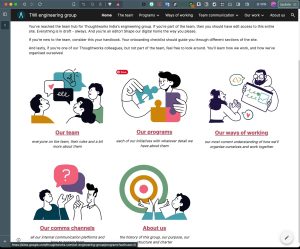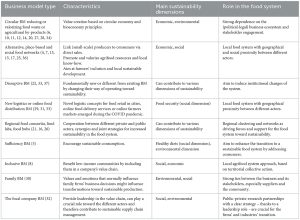Business Plan Execution
3 min read
As you develop and refine your Business plan, execution is an essential part of the process. It is the final step before the plan becomes a reality. There are several factors you must consider in the execution phase, including the size and scope of your market. If your market is small and niche, you should consider developing a strategy to reach this audience. For instance, if you want to sell products through distributors, you must consider the distribution channel, cost structure, and customer connection. If you plan to sell to a larger audience, your plan should detail how you plan to transition from your current sales and marketing approach.
Your business plan execution plan must be comprehensive and precise. Having an overly ambitious plan is not a good strategy. You may be tempted to try to implement several strategies at once, but the results can be dismal. You may get a few dozen Facebook likes, get a few hundred YouTube views, or spend a lot of time on your website, but your company will remain on page two or three of Google search results. A business plan needs to be well-executed if you want to reap the maximum benefits.
To ensure that your business plan is effective, it is important to use enterprise-wide tools such as resource planning software and workflows. These tools allow you to temperature-test organizational processes against your goals and help you understand any flaws. Using these tools will also give you a clear view of your business plan, giving you a clear picture of how your strategy is being executed. Taking the time to evaluate these tools can make all the difference in the success of your business plan.
Regardless of how good your plan is, it will never be profitable if it is not implemented. It is crucial that every employee in a team executes each task to the best of their ability. If it is not executed correctly, you will be left with an imperfect business plan that can’t generate the desired results. In addition, your team will need to have constant feedback so that they can continuously improve. It is important that you create a strategy that can adapt to changing market conditions and priorities.
It is crucial to establish regular evaluations between each stage of your execution. In addition to holding regular meetings, it is important that you choose a communication channel between your team and the rest of the company. Establishing clear communication is essential to ensuring the success of your execution strategy. During each step, your team members should be clear about their roles and expectations. And, most importantly, communication is key in this process. If you fail to communicate with your team, it will be difficult to achieve the goals.
Your plan should be documented. A well-documented plan speaks for itself and is easy to read. Make sure you document the tasks that are required to reach each milestone. Then, identify the assumptions you made when you developed your plan. This will help you decide when to revise it accordingly. You may need to change things if the assumptions you made are no longer valid. It is vital to review your plan on a regular basis.







